Walter Byers - Unsportsmanlike Conduct: Exploiting College Athletes
Here you can read online Walter Byers - Unsportsmanlike Conduct: Exploiting College Athletes full text of the book (entire story) in english for free. Download pdf and epub, get meaning, cover and reviews about this ebook. year: 2014, publisher: University of Michigan Press, genre: Detective and thriller. Description of the work, (preface) as well as reviews are available. Best literature library LitArk.com created for fans of good reading and offers a wide selection of genres:
Romance novel
Science fiction
Adventure
Detective
Science
History
Home and family
Prose
Art
Politics
Computer
Non-fiction
Religion
Business
Children
Humor
Choose a favorite category and find really read worthwhile books. Enjoy immersion in the world of imagination, feel the emotions of the characters or learn something new for yourself, make an fascinating discovery.
- Book:Unsportsmanlike Conduct: Exploiting College Athletes
- Author:
- Publisher:University of Michigan Press
- Genre:
- Year:2014
- Rating:4 / 5
- Favourites:Add to favourites
- Your mark:
Unsportsmanlike Conduct: Exploiting College Athletes: summary, description and annotation
We offer to read an annotation, description, summary or preface (depends on what the author of the book "Unsportsmanlike Conduct: Exploiting College Athletes" wrote himself). If you haven't found the necessary information about the book — write in the comments, we will try to find it.
A challenge to the present system of college athletics
|
Walter Byers, who served as NCAA executive director from 1951 to 1987, was charged with the dual mission of keeping intercollegiate sports clean while generating millions of dollars each year as income for the colleges. Here Byers exposes, as only he can, the history and present-day state of college athletics: monetary gifts, questionable academic standards, advertising endorsements, legal battles, and the political manipulation of college presidents.
Byers believes that modern-day college sports are no longer a student activity: they are a high-dollar commercial enter-prise, and college athletes should have the same access to the free market as their coaches and colleges. He favors no one as he cites individual cases of corruption in NCAA history. From Byers first enforcement case, against the University of Kentucky in 1952, to the NCAAs 1987 death penalty levied against Southern Methodist University of Dallas, he shows the change in the athletic environment from simple rules and personally responsible officials to convoluted, cyclopedic regulations with high-priced legal firms defending college violators against a limited NCAA enforcement system. This book is a must for anyone involved in college sportsathletes, coaches, fans, college faculty, and administrators.
There has been no other executive in the history of professional, college, or amateur sports who has had such an impact in his area. Keith Jackson, ABC Sports
Walter Byers has done more to shape intercollegiate athletics that any single person in history. He brought a combination of leadership, insight, and integrity to intercollegiate athletics that we will never again see equaled. Bob Knight, Head Basketball Coach, Indiana University
As NCAA executive director, Byers started the an enforcement program, pioneered a national academic rule for athletes, and signed more than fifty television contracts with ABC, CBS, NBC, ESPN, and Turner Broadcasting. He oversaw the growth of the NCAA basketball tournament to one that, in 1988, grossed $68.2 million. As the one person who has been inside college athletics for forty years, Walter Byers is uniquely qualified to tell the story of the NCAA and todays exploitation of college athletes.
Walter Byers: author's other books
Who wrote Unsportsmanlike Conduct: Exploiting College Athletes? Find out the surname, the name of the author of the book and a list of all author's works by series.

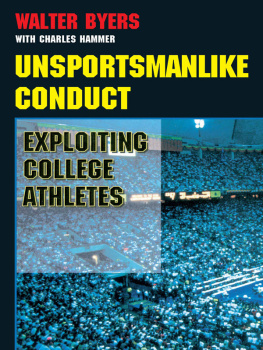
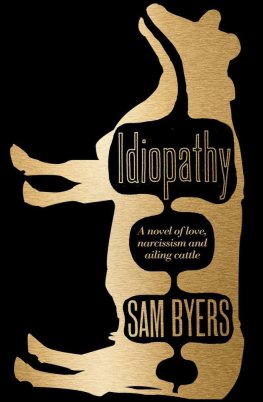

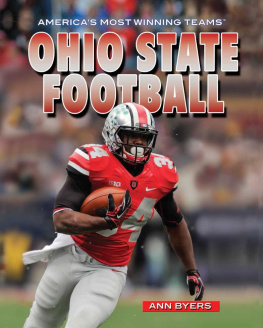
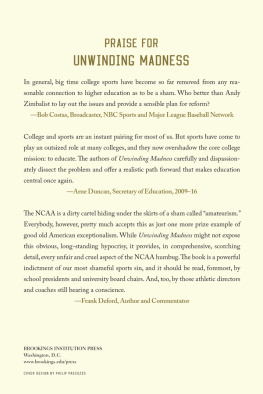
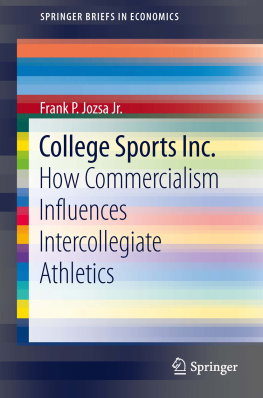



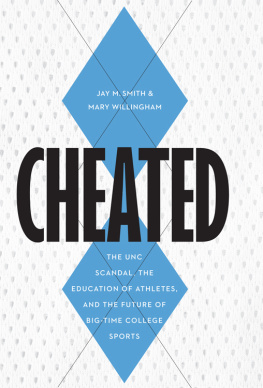

 Printed on acid-free paper
Printed on acid-free paper